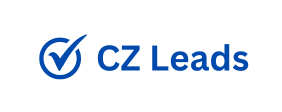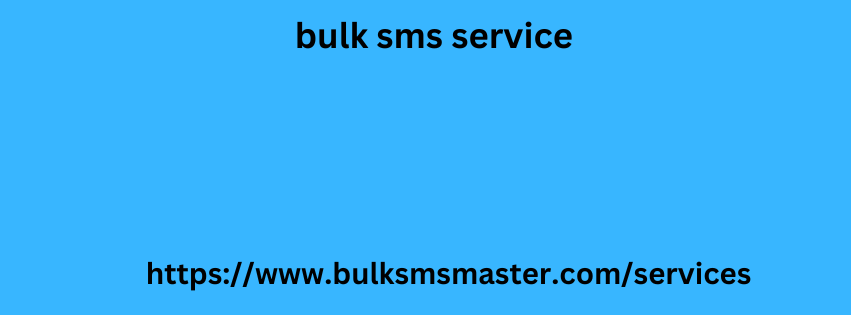CRM and ERP are business management solutions that enable you to improve performance and effectively support growth. assets. But which one to choose? What are the differences between these two tools? We clarify these concepts for you!
What is a CRM tool?
CRM (Customer Relationship Management) is a customer relationship management software that integrates a set of strategies, features and technologies aimed at improving interactions between a company and its customers. In this sense, CRM is an effective operational aid that allows the customer to be treated as added value. The bhutan bulk sms service main objective of using this tool is to support prospecting and customer satisfaction in order to retain them in the long term. Therefore, the CRM solution collects and records all customer data, schedules notifications and reminders, alerts sales representatives in the event of a purchase cancellation, etc.
CRM is therefore primarily aimed at:
Software is the tool youtube seo: optimize videos to increase visibility in 2024 that allows you to design attractive strategies, test them and reform them in order to lead the company to an increase in its sales and the growth of its notoriety. The broader, more flexible and adaptable the CRM adopted is, the more effective, agile and profitable your relationship with customers will be . Today, there are free CRM tools , very interesting and capable of providing you with a complete view of your business opportunities.
What is an ERP solution?
An ERP (Enterprise Resource Planning) or PGI in French (Progiciel de Gestion Intégré) is a software for managing and planning a company’s resources . processes. It connects services together through a bjb directory central database accessible to all. It is undoubtedly a useful decision-making tool for any decision-maker who wishes to identify the weaknesses of their organizational system and reduce production costs.
The software integrates a planning system developed to efficiently manage all the basic operations of the company , such as production, stocks, orders, accounting, human resources, etc.
Thus, ERP tools often contain a customer management module (a CRM). However, this module is significantly less advanced than CRM software.
What are the differences between CRM and ERP tools?
The major difference between CRM and ERP software is the function they perform.
It should be noted that customizing a CRM tool is generally easier than customizing an ERP. This tailor-made adaptation is also crucial to harmonize with the specificities of a company’s customer management. Even if you opt for free CRM tools, make sure that the chosen software can precisely meet your specific needs. The simplicity of the interface and ease of use are important criteria to consider.
In the case of ERP, the influence of software often arouses distrust, even if the power of the applications fascinates business managers. Indeed, ERP management systems have a reputation for being rigid , because they require a form of work reorganization. They reduce the margin of autonomy of the various department managers in their organizational choices. However, many publishers are now making the effort to put flexible systems on the market.


